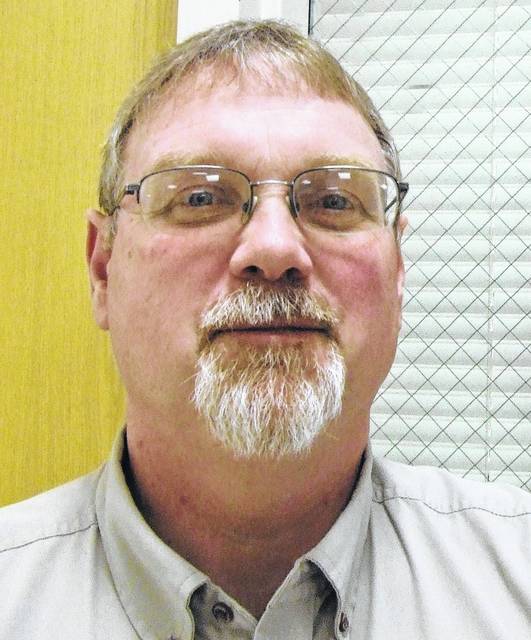
How many of you have been working on your taxes? How many of you were aware there were several tax law changes that could affect you as a farm operation?
First off, I wanted to make you aware that we have several free copies of the IRS Farmer’s Tax guide available at the Clinton County Extension Office. This guide is free for the taking with all the tax changes for the tax year 2018.
Keep in mind the tax guide is too big of a document to mail to folks so you will have to stop by our office at 111 S. Nelson Ave., Wilmington to pick up your copy.
The goal of last year’s Tax Cuts and Jobs Act was to simplify taxes, but major changes have resulted in a learning curve that in reality will make the 2018 tax filing more work for some farm operations.
David Marrison, Extension Educator in Coshocton County, advises farmers to communicate with your tax preparer to evaluate how these law changes may affect your operation. Here is a short list of some of those changes:
“Depreciation — Tax reform made some significant changes to how farmers depreciate their farm business property. First, the depreciation recovery period for new farm equipment and machinery placed into service after Dec. 31, 2017 has been shortened from seven to five years. However, used farm equipment, grain bins, and fences will keep their current depreciation life of 7 years.
“The method to calculate depreciation is changing as any property used in a farming business and placed in service after Dec. 31, 2017, will now use the 200 percent declining balance method versus the 150-percent declining balance method. However, farmers can elect out of the use of the 200 percent method.
“For farmers wishing to accelerate depreciation, Section 179 and Bonus Depreciation are still options that can be used. Bonus depreciation has been moved back up to 100% from 40% and the limits on Section 179 expensing has been increased to $1 million dollars for 2018. Using these accelerated depreciation methods can be tricky so make sure your tax accountant helps you determine if they should be used or not.
“Like-Kind Exchanges — Another wrinkle that will affect farmers is the elimination of the Section 1031 like-kind exchange for personal property like farm equipment. It does still allow for a like kind of exchange of real property such as land. Previously the gains or losses realized on the trade-in of farm equipment was generally deferred.
“Bottom line is that the elimination of the like-kind exchange treatment for equipment means that farmers who trade in a piece of equipment will most likely now have a reportable tax event. Your tax accountant can help you analyze a new purchase and may be able to offset the gain by using accelerated depreciation on the new piece of equipment.
“Qualified Business Deduction — This new deduction was added due to the reduction in taxes for C-Corporations. Previously C-Corporations could be taxed at a rate up to 35%. The tax reform legislation set a flat rate of 21% for all C-Corporations. The reduced flat rate was only for C-Corporations so legislators had to account for other business entities like Sole-Proprietorships, Partnerships, S Corporations, and LLCs who could have still been subject to a maximum tax rate of 37%. This led to the development of the Qualified Business Income (QBI) Deduction. It allows for a deduction of up to 20% of qualified business income.
“There are a lot of moving parts and limitations to this deduction so again it is imperative to talk to your tax accountant. There is a wrinkle for farmers who sell their milk or grain to cooperatives as it will trigger an additional calculation. There is also a lot of discussion whether farm rental income qualifies for QBI which could impact landlords and their tax returns. All this is clear as mud to most tax preparers and we are waiting for guidance from the IRS.”
There are several other changes so do your homework.
For your listening enjoyment, there is also a recorded tax webinar you may listen to with all the updated changes and view the slides that go along with the recording. You can access this webinar at https://farmoffice.osu.edu/farmertax2019.
No matter what the tax question or issue is for your operation, it is always good to consult the Farmer’s Tax Guide from the IRS and/or have an in-depth discussion with your tax preparer.
Tony Nye is the state coordinator for the Ohio State University Extension Small Farm Program and has been an OSU Extension Educator for agriculture and natural resources for over 30 years, currently serving Clinton County and the Miami Valley EERA.


